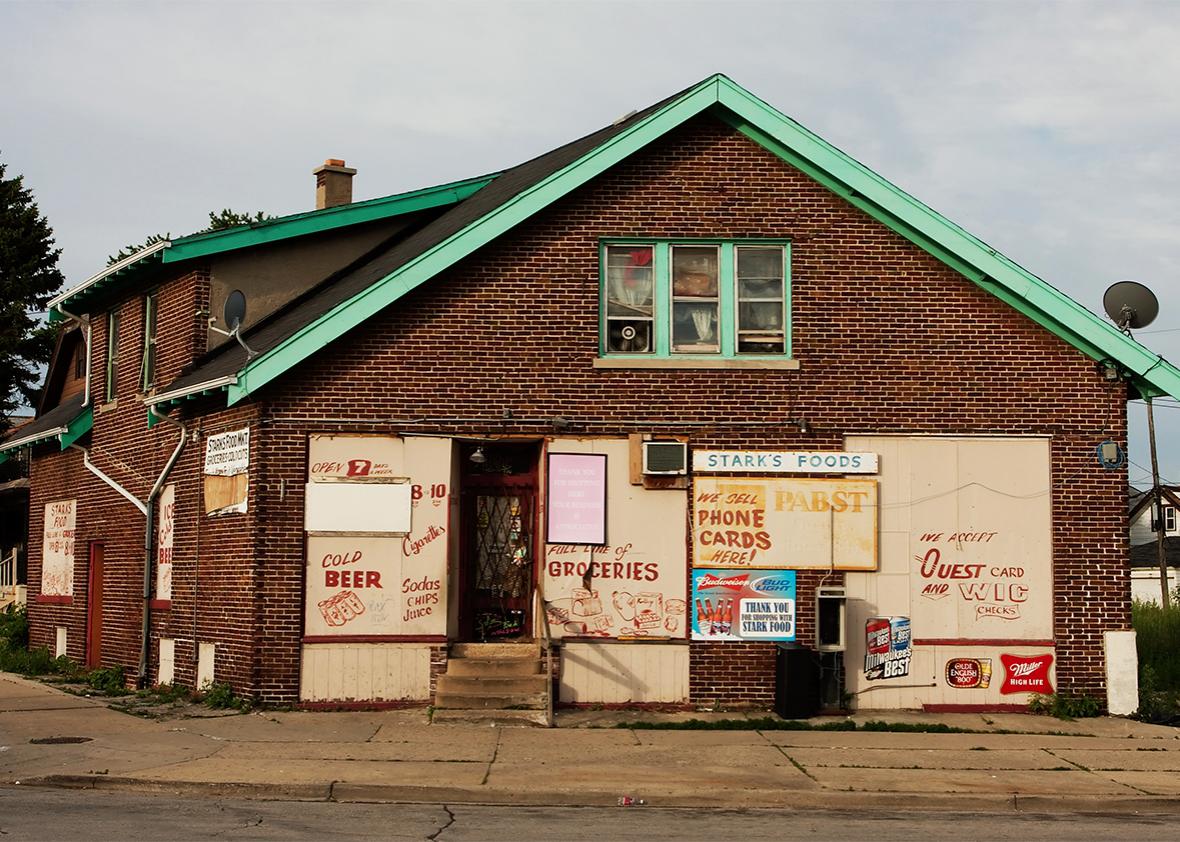Matthew Desmond’s Evicted, which won the Pulitzer Prize in general nonfiction on Monday, is a deeply humanizing and empathetic book about poverty. And while many readers may be learning about it for the first time, its influence on housing experts has been, as far as I can tell, enormous.
It’s not that Desmond pioneered the idea that, as the Pulitzer foundation puts it, evictions “were less a consequence than a cause of poverty.” But he does give it pathos. And that makes a difference. According to Desmond, after Sen. Elizabeth Warren read the chapter in Evicted about how nuisance ordinances were causing women to get evicted for reporting abuse, she drafted a letter to then–Housing and Urban Development Secretary Julián Castro suggesting the department issue guidance to local communities on whether their laws might violate the Fair Housing Act.
In the days leading up to his senate confirmation hearing, new HUD Secretary Ben Carson paid a visit to Ohio Sen. Sherrod Brown. They talked about Evicted. At Carson’s hearing, Brown told the surgeon that he hoped he would read the book. “I know that several of your staff has already.”
In short, Evicted is the book that everyone who thinks about housing for a living has been reading or giving to their friends. At a workshop for housing journalists I attended last month at Harvard’s Nieman Foundation, Chris Herbert, the director of the Harvard Joint Center for Housing Studies, quoted Desmond twice.
The portraits Desmond gives of impoverished tenants in Milwaukee—and the landlords and moving companies who profit off their struggles—have become many experts’ first anecdotes to describe the rental affordability crisis in American cities.
Narratively, I think we’re inclined to see an eviction as an end, as the final blow for a family that has slipped behind on rent, or as a kind of effect coming after a cause (health problems, job loss, money trouble). But Desmond shows it’s just the beginning, a doorway into a world of housing instability. Once you’ve been evicted once, you’re condemned to a set of housing options worse (though not necessarily cheaper) than the alternatives, where landlords can turn away evictees.
In education policy, scholars like to say “ZIP code is destiny,” and something like that is true of housing too, although on an even more granular scale than the ZIP code. Stable housing creates better life outcomes from health to education to job stability. The cycle of evictions may stem from poverty, but it definitely ensures its persistence. There’s better evidence that eviction leads to job loss than the other way around.
Read Desmond’s interview with Slate here, or buy his book here.
